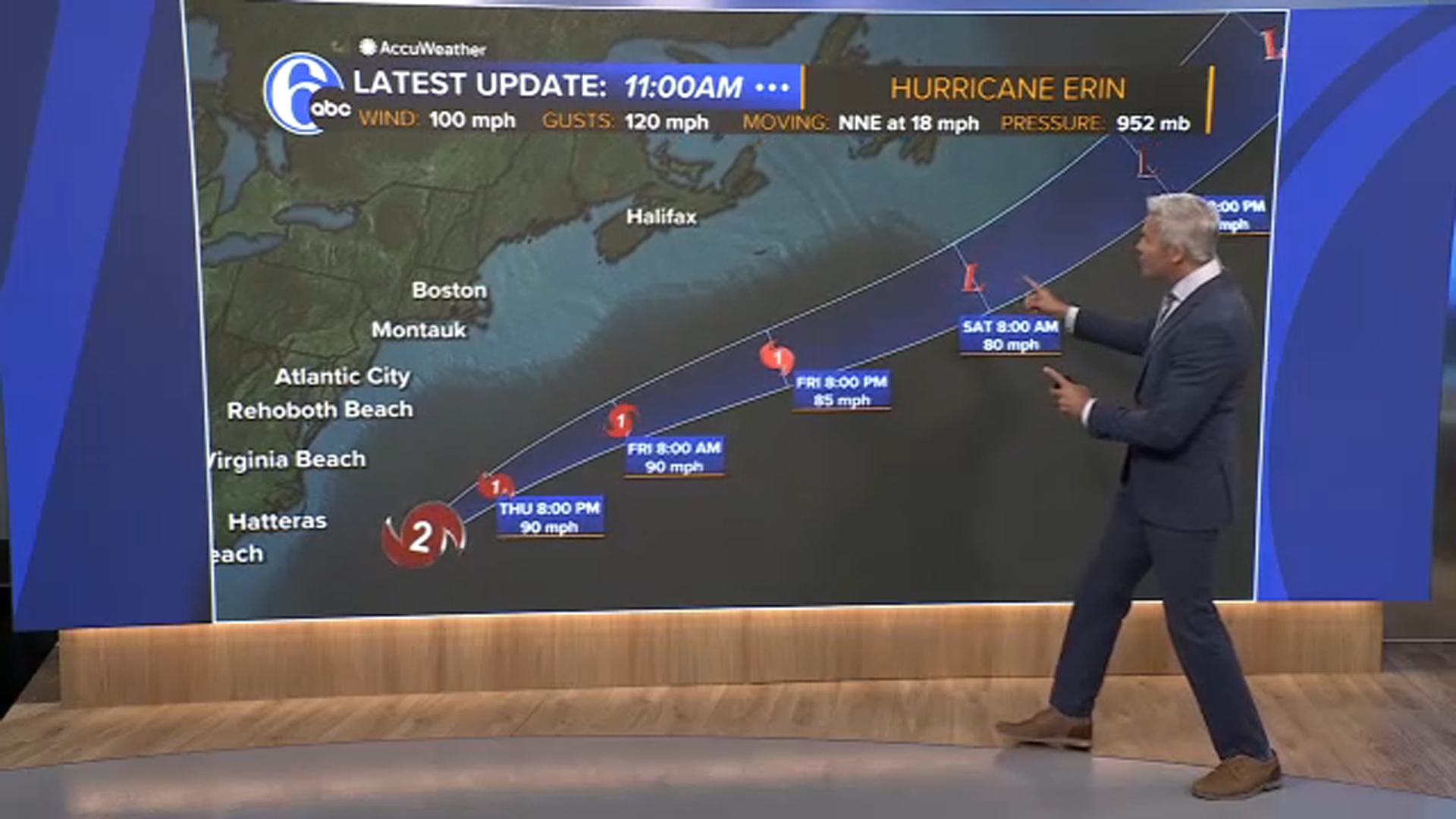NJ officials investigate case of malaria in resident with no recent international travel

MORRIS COUNTY, N.J. (WPVI) -- New Jersey health officials are investigating a case of malaria in Morris County, with no international travel.
The New Jersey Department of Health is working with the U.S. Centers for Disease Control and Prevention (CDC) to investigate potential sources of infection. Officials say it is possible the resident was infected with malaria in New Jersey.
If confirmed, this would be the first known locally acquired case of malaria in the state since 1991.
It comes a few weeks after a local health department in Washington State was investigating an unrelated malaria case in a person who also did not travel internationally.
Malaria is a mosquito-borne disease caused by a parasite transmitted by certain mosquitoes and is widespread in many tropical and subtropical countries. Malaria typically causes fever, chills, headache, muscle aches, and fatigue. It can also cause nausea, vomiting, and diarrhea.
ALSO SEE: Rates of West Nile Virus increasing throughout Philadelphia region
Malaria does not regularly spread in the U.S. While there are about 2,000 cases nationally reported each year, most of these cases are in people who traveled internationally.
People do not spread malaria to other people. It is possible that people who were infected abroad were bitten by a mosquito that subsequently bit others without a history of international travel.
"CDC is monitoring this situation closely to support the state and county health departments, as requested," a statement from HHS said.
There are about 100 travel-associated cases of malaria reported in New Jersey each year.
The health department says there is a type of mosquito in New Jersey that carries malaria, but says the risk of infection remains low.
"While risk to the general public is low, it's important to take the necessary precautions to prevent locally acquired malaria in New Jersey. The most effective ways are to prevent mosquito bites in the first place and to ensure early diagnosis and treatment of malaria in returning travelers," said Acting Health Commissioner Jeff Brown.










